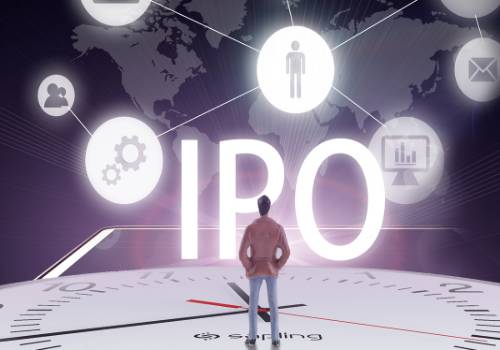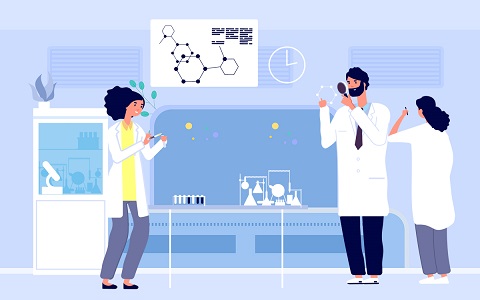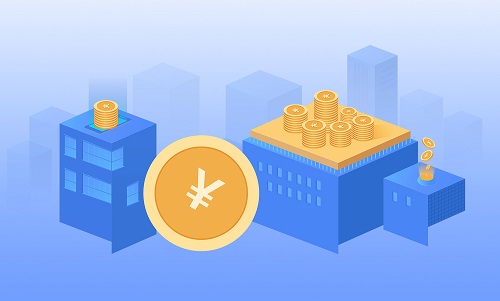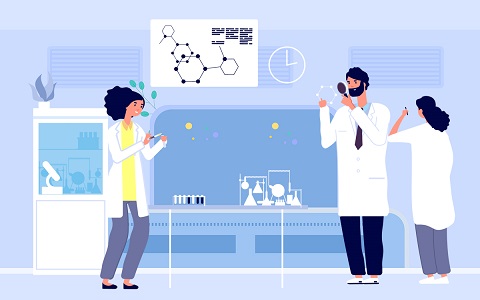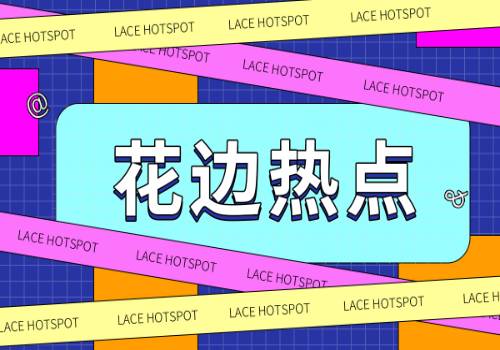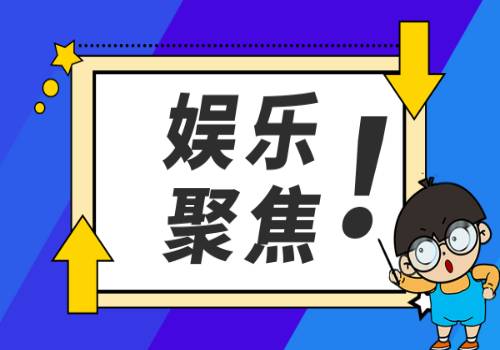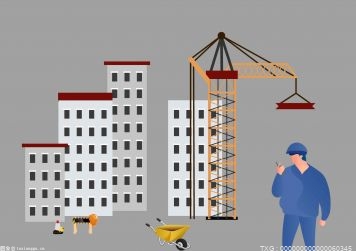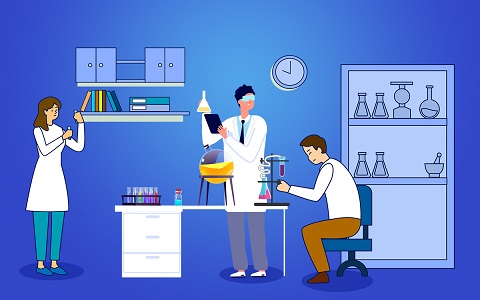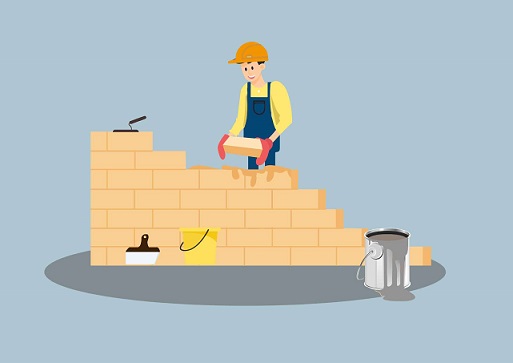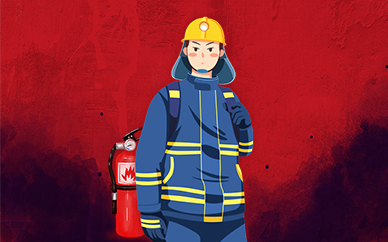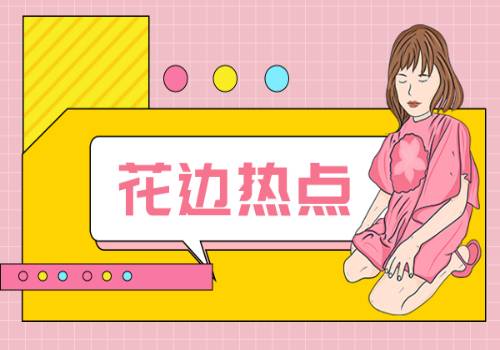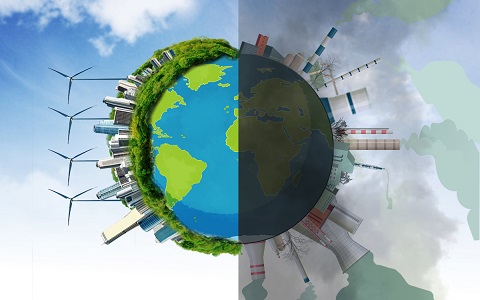U.S. must face its deep-rooted disease of drug abuse
The United States has the worst drug problem in the world today.
Twelve percent of global drug users come from the country, three times the proportion of the U.S. population to that of the world.
 (資料圖片)
(資料圖片)
During the past 12 months, 10.1 million Americans have consumed opium at least once, and 48.2 million Americans over the age of 18 consumed cannabis at least once.
These shocking statistics mirror the harsh reality of drug abuse in the U.S., which is getting worse and has become an "American disease" that cannot be fixed easily.
Drug abuse leads to enormous social cost in the U.S.
Drug overdose exacts a high death toll on the U.S. population, greatly eroding the base of labor force and weighing on life expectancy.
According to a 2018 report on the American journal Science, American death toll of drug overdose has increased exponentially over the past 38 years - up 9 percent almost every year and doubling about every eight years. A total of 72,000 deaths, a record high, was registered in 2017.
According to the U.S. Centers for Disease Control and Prevention, from April 2020 to April 2021, more than 100,000 people in the U.S. died from drug overdose.
Drug abuse also leads to problems like family discord, violent crimes, and psychological trauma in children.
Michael Botticelli, former Director of the White House Office of National Drug Control Policy, said more and more deadly drugs have entered the market, leading to severer problems of drug and substance abuse. Drug overdose and the disasters it brings to the society are heartbreaking, he added.
Drug abuse in the U.S. is a reflection of deep-rooted social problems, and the result of an interplay of economic interests, lobbying, and social and cultural factors.
In order to maintain their profits, interest groups in the U.S. throw a large amount of money to peddle the narrative that "opioids are harmless." What they want is to push for drug legalization and prod pharmacies into promoting drug sales and doctors into indiscriminate prescription of drugs.
After analyzing disclosed data from the U.S. Senate, the OpenSecrets website found that the marijuana and cannabis industry, which involved more than 20 businesses, spent as much as $4.28 million on lobbying in 2021 alone. With interest groups lobbying, the House of Representatives actively considered bills that promote the legalization of marijuana and cannabis.
"We don"t need to convince people to believe in cannabis. We need to convince them to buy legally," said a vice president of a U.S. company in the cannabis industry.
The COVID-19 pandemic has made long-existing social problems even worse in the U.S., and the pressure caused by problems, including gun violence, racism, social injustice and huge wealth gap, is increasingly felt by young people. As young people"s confidence in the U.S. drops dramatically and the pressure they face keeps growing, more and more of them turn to drugs to relieve their stress.
The drug problem is a manifestation of America"s failure in social governance. Driven by economic interests, the U.S. government winks at drug abuse and even pushes for drug legalization.
The cannabis industry in the country surged despite the onset of the COVID-19 pandemic. Legal cannabis sales in the U.S. hit a record $17.5 billion in 2020, a 46 percent jump from that of 2019, according to BDSA, a platform providing cannabis sales data.
U.S. media reported that California has raised $1 billion in cannabis tax revenue in only two years since the industry kicked into gear.
The U.S. has a fentanyl problem more rampant than other countries, but it has not officially scheduled fentanyl substances permanently yet.
According to Howard Koh, former Assistant Secretary for Health for the U.S. Department of Health and Human Services, drug and substance abuse in the United States is one of the most devastating public health disasters. The crisis showcases the U.S. government"s failed regulation across multiple systems, and it is imperative to make prompt, unified and comprehensive response.
According to the Manhattan Institute for Policy Research, an American think tank, one could hardly see in the National Drug Control Strategy issued by the U.S. government the important roles the government is supposed to play in fighting one of the biggest public health challenges. Instead, it has sat idle as drug and substance abuse worsens.
The U.S. government has always confused right with wrong and shifted the blame in the fight against drugs. It is not only deeply irresponsible for U.S. citizens, but also undermines international counter-narcotics cooperation.
The drug problem of America is a deep-rooted disease that is yet to be cured. The U.S. should face its own problem squarely, take actions to deal with the domestic issue of prevalent drug abuse, and protect the American people"s right to life and health. Even less should it mislead the public and shift its responsibility for ineffective response to drug abuse at home onto others.
(Zhong Sheng is a pen name often used by People"s Daily to express its views on foreign policy and international affairs.)
相關閱讀
-

U.S. must face its deep-rooted disease of drug abuse
TheUnitedStateshastheworstdrugproblemintheworldto
2023-02-13 -

今日播報!Intel中國特供新U開賣:緩存多3MB 竟貴了150元!
針對中國內地市場,Intel13代酷睿推出了兩款特供型號,其中i5-13490F1599元,相比i5-13400F三級緩存更大...
2023-02-13 -

U.S. must face its deep-rooted disease of drug abuse
TheUnitedStateshastheworstdrugproblemintheworldto
2023-02-13 -

【天天聚看點】業余排球隊沒有教練,將穆里尼奧人像放在教練席上,看一眼就有動力
穆里尼奧經常會成為比賽中的主角。即使是在他并不擅長和了解的排球領域。一支排球隊的小伙子們在他們沒...
2023-02-13 -

當前消息!國產神價再現 16GB內存條209元
這款國產神條銓興16GBDDR42666 3200筆記本內存條直降180元,到手好價僅需209元,超值價格。銓興(QUANX...
2023-02-13 -

世界觀焦點:成績喜人!中國田徑隊斬獲1金1銀3銅,多個弱項不再“拖后腿”!
北京時間2月12日,2023賽季亞洲室內田徑錦標賽在哈薩克斯坦阿斯塔納繼續進行。第二個比賽日,中國隊在男...
2023-02-12 -

特供游戲神U!盒裝英特爾酷睿i5-12490F逼近千元
英特爾12代酷睿臺式機CPU處理器i5-12490F當前活動價1199元,領取滿1000元減10元優惠券,評價返50元E卡,...
2023-02-12 -

天天看熱訊:西部排行變動大!勇士爆冷跌出前8,昔日巨頭21中5低迷,湖人反彈
2月12日上午9點30分,勇士跟湖人的比賽,十分精彩!湖人已經3連敗,讓人十分無奈,距離前8較遠。勇士也...
2023-02-12 -

全球視訊!書號的含義是什么(書號的含義)
一、題文國際標準書號含義ISBN978-7-107-18704-91,前三位代表()2 第4-6位代表()3,第7-9位代表()4,第10-12位代表(
2023-02-12 -

拿三雙時20勝0負,其余比賽19勝18負!約基奇20次三雙,生涯新高
憑借約基奇的高光表現,掘金今天以119-105擊敗黃蜂,以39勝18負的戰績繼續高居西部第一。約基奇今天出戰...
2023-02-12 -
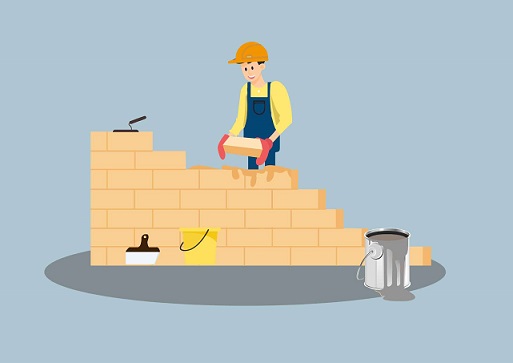
將iPhone改成雙接口:Lightning和USB-C都有了
此前有博主將原本Lightning接口的iPhone14改成了USB-C,而現在又有大師將iPhone改成了雙接口,這下Light...
2023-02-12 -
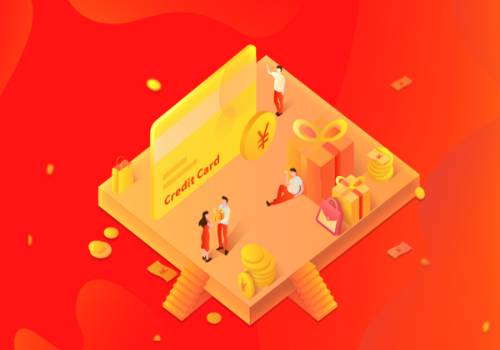
【環球聚看點】1-2!網壇再爆冷門:女單頭號種子崩潰出局,中國2大名將沖擊冠軍
北京時間2023年2月12日,WTA250級別的林茨站爆出冷門,女單頭號種子薩卡里在半決賽中先贏一盤,隨后卻連...
2023-02-12 -

【天天播資訊】威少9人3隊大交易方案,湖人完美升級,勇士甩賣樂透秀,爵士大賺
湖人和勇士,是西部過去幾年里,成功奪冠的球隊,但在本賽季,他們都遭到了巨大的打擊。勇士隊主場強勢...
2023-02-12 -
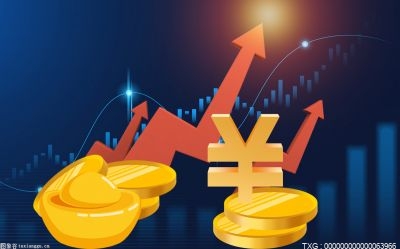
世界觀焦點:CBA3月恢復主客場,楊鳴副總業務曝光,霍楠曾反對西熱當主教練
CBA官宣恢復主客場,楊鳴干副總業務曝光,霍楠反對西熱當主教練!就在今天CBA官方宣布將會在第三階段恢...
2023-02-12
精彩推薦
閱讀排行
相關詞
- 沃爾沃XC90
- 世界訊息:滿漢宴泡面(滿漢宴)
- 施甸縣關于調整核酸檢測采樣便民服務點的通告
- 云南首個金融服務實體經濟發展示范區落地
- 環球今日訊!仰望星空與腳踏實地作文提綱(仰望星空與腳踏實地作文)
- 觀焦點:翻來覆去的拼音(翻來覆去的拼音)
- popular什么牌子衣服(popular什么意思)
- 枇杷樹嫁接時間和方法(枇杷樹)
- 今日視點:Bo兩局千玨助VIT擊敗TH晉級!上單大腿拿下MVP
- 通訊!槍手喜極而泣,藍軍將打破紀錄,曼城遭挖角恐成黑馬
- “春捂秋凍,不生雜病”,肝病患者春季養生注意事項!
- 世界熱訊:森林狼正在阻礙愛德華茲的進步?
- 全球消息!2月上旬,桃花涌現,真情浮現,3星座收獲新歡,與舊愛再不相見
- 中國男網創歷史!23歲名將轟2-0,吳易昺生涯首進4強,創4項成就
- 孟菲斯守護神,定海神針亞當斯
- 全球看點:五年級下冊語文第八單元作文ppt(五年級下冊語文第八單元作文)
- 當前通訊!搖粒絨(絨道自然)
- 送杯子的含義(送杯子的含義)
- 當前動態:君子的生肖(君子的拼音)
- 八國聯軍是哪一年火燒的圓明園(八國聯軍是哪一年)
- “乙類乙管”政策實施首月 昆明機場出入境人數同比增4倍
- 今日熱聞!54+38+35!聯盟第三+10連勝,約基奇MVP先放放,最大對手另有其人
- 全球即時看!辦理排污許可登記要收費?騙局
- 天天熱訊:《水滸》太“毒”?“無菌式”閱讀觀念更“有害”
- 北京積水潭醫院貴州醫院:培養高層次人才提升醫療服務能力水平
- 當前熱訊:哈維確認巴薩新星是非賣品!曼聯盯上中場新星!巴西辟謠安帥傳聞
- 江西男童被炸致截肢背后的大威力炮仗調查:危險的“大戰神”
- 焦點熱文:甲狀腺結節不治療,會自動消失?該如何預防它的出現?一文科普!
- 還要重用胡明軒!喬帥初定男籃12人大名單,首發五虎呼之欲出!
- 世界最資訊丨狂野西部回來了!詹姆斯、杜蘭特、庫里終于碰面,季后賽好看了
- 當前熱文:新增人民幣貸款創歷史新高 首月信貸供需兩旺
- 快訊:我國以“三提升”“兩促進”舉措大力推進兒童健康全面發展
- 巧美化妝品廠家電話(巧美化妝品)
- i(am及a及girl及from及東北)
- 衣服抖動音效(把衣服抖動幾下)
- 環球快看:哪個銀行可以發行貨幣(我國有幾個銀行可以發行貨幣)
- 黃花閨女中的黃花指的是什么東西(黃花閨女中的黃花指的是什么)
- 《食品衛生許可證》_食品衛生許可證號
- 最新快訊!周知!阿爾茨海默病有哪些早期癥狀
- 馬家巷改造“好吃嘴”大快朵頤去哪里?
- 漁民家來了清華大學調查隊
- 觀速訊丨王者榮耀2018KRKPL常規賽11月26日SLT(VS MVP直播視頻回顧)
- 雅安地震事件始末(雅安地震事件)
- 私人飛機要買機票嗎(私人飛機要買航線嗎)
- 陪你到世界之巔的演員名單(陪你到世界之巔的演員)
- 【世界熱聞】linethick2未知字符串(linethick2)
- 環球要聞:恭喜梅西!蟬聯MVP+獲頂薪合同,成為偉大偶像,加冕歷史第一人
- 快訊:內馬爾獨木難支巴黎再輸克星恩佐迪巴拉建功切爾西羅馬獲平局
- 喬帥沿襲杜鋒的選人標準,分組情況除徐杰外14人名單基本保持不變
- 天天熱門:心臟支架從1.3萬降至700元,原來醫療器械可以這么暴利?
- 環球關注:終于可以放心擺爛?西蒙斯:受背傷+膝傷影響,需要時間找回狀態
- 全球資訊:鴻雁天空上對對排成行啥意思(鴻雁天空上)
- 【天天新視野】開內衣店需要多少錢(開內衣)
- 今日播報!nineteen是什么意思(nineteen)
- 每日精選:現代漢語詞典多少錢一本?高中(現代漢語詞典多少錢)
- 天天微資訊!僵尸毀滅工程superb(superboost)
- 環球簡訊:梅西是世界足球先生最大熱門!他還被國際足聯官方歌頌!
- mini LED Studio Display不會在短時間內推出
- 中國球迷怒了!圍攻巴黎官博:梅西拒絕背鍋,主帥下課,歐冠奪冠仍沒戲
- 每日熱議!外觀驚艷!三星Galaxy S23 Ultra BMW M版是外觀最快的Galaxy手機
- 環球熱議:4800萬像素穩了?曝iPhone 15和15 Plus將配備更強主攝
- 500款經典游戲+4K輸出!童年回憶游戲機低至103元
- 微資訊!三星Galaxy S23 Ultra與iPhone 14 Pro Max充電和續航對比結果驚了
- 環球熱訊:黃健翔為何說,別的項目拿多少金牌,都比不上足球?央視都不重視
- 奧格斯堡門將:諾伊爾世界杯后去滑雪的決定很愚蠢,他不負責任
- 世界最新:足球賽事交流解析百家號(論證足球)
- 權威的IFFHS官方公布了年度世界最佳俱樂部的前400名名單
- 【世界播資訊】日出江花紅勝火(春來江水綠如藍的意思)
- 熱資訊!廣發信用卡取現手續費怎么算(廣發信用卡取現手續費)
- 全球快消息!新《消費者權益保護法》(消費者權益保護法修正案)
- 環球觀天下!曝灰熊為布里奇斯報價4首輪:KD真實身價8首輪+1互換!蔡崇信賺了
- 世界動態:ROG新款幻14國行版即將上市:銳龍9 7940HS 可選RTX 4060
- 精彩看點:男人想長壽,不是由于多運動,多吃水果蔬菜,這四條規律要做好
- 世界即時看!趙繼偉曬嬌妻合照太甜蜜!8周年愛情令人羨慕,郭艾倫成評論亮點
- 【世界報資訊】再見姆巴佩!搖擺不定惹怒佛爺,皇馬欲撿漏英超過人王,組三叉戟
- 【全球播資訊】中超解散潮!曝武漢之后還有4隊或退出,中甲新軍有望遞補入替
- 世界速訊:六十載匠心獨運 巧工做得琵琶來
- 全球速訊:尼耶爾前哨站修理裝備在哪_尼耶爾前哨站怎么上去
- 快看:衛星瞰高質量發展 | 一片荒灘起新城
- 強信心·開新局|重慶:打造多元消費場景 點亮沿江“夜經濟”
- 全球時訊:對新冠的各種預判被逐一證實,大v們該集體致歉、謝罪!
- 環球視訊!寒夜中的鐵路“守護者”
- 消費熱潮涌動 為中國經濟復蘇開好頭
- 世界動態:邁巴赫首款插電混動車型 邁巴赫S 580 e官圖發布
- qa是什么意思的縮寫(qa是什么意思)
- 世界今日報丨工行教育儲蓄存款(教育儲蓄利率)
- 微速訊:天津泰達和江蘇蘇寧兩家球隊完成了更名的審批
- 實時焦點:摔角動態TNA BDC暴打幫”臥底“起訴地下摔角
- 全球資訊:把妹妹當女朋友養(養個妹妹做老婆)
- 世界微頭條丨李鐵案重大動向,冉雄飛:陳劉二人涉案金額驚人,足協或開啟內查
- 世界看熱訊:中老年人生活再節省,4種食物也別舍不得吃,或能提高免疫力
- 全球觀焦點:玩手機有沒有不傷頸椎的姿勢?不妨了解下
- 李鐵案三爆料:涉案球隊打假球,陳劉涉案金額驚人,足協開啟內查
- 那不勒斯無意出售奧斯梅恩和克瓦拉茨赫利亞,準備加薪續約
- 環球觀速訊丨格斗人生‖究竟要什么樣的結局,才配得上這一路的顛沛流離?
- 觀速訊丨電腦一小時用多少電
- 五華區委網信辦服務企業送法上門 護航助力促發展
- 環球最資訊丨浙江省工商行政管理局網站(浙江省工商行政管理局)
- 儀容儀表英語名言警句大全(英語名言警句大全)
- 全球熱消息:摔角動態奧運冠軍科特·安格 我將被引薦入名人堂
- 全球快看:山東省沾化縣國土資源局(山東省沾化縣)
- 速看:詹姆斯:如果德羅贊是我的隊友,我一定能讓他成為全明星球員
- 看熱訊:4700萬的威少被愛搭不理,買斷后的威少卻高攀不起
- 女足球員李佳悅講述土耳其強震驚魂一刻
- 絕了!內馬爾突爆離譜操作,遭市長介入調查,這下不得不背鍋了!
- 世界快消息!常規賽G57小牛122-114國王:四海升平
- 世界熱門:上賽季租借加盟華夏的高拉特確定新賽季返回恒大
- 官方通報女足隊員家中遭強拆女足隊員家被拆房屋系違法建筑
- 當前速訊:表情文字生成器(表情文)
- 魔獸世界古代交易機(古代交易機)
- 雞蛋里有骨頭圖片_雞蛋里有骨頭嗎
- 全球觀天下!李科生事件結果(李科生)
- 快報:把雞蛋放進冰箱的正確步驟
- 即時焦點:作文(中秋之夜)
- 世界視訊!最有實力的星座,是領導能力強,還是懂得努力
- 成為FIFA年度最佳候選,國際足聯這樣稱贊姆巴佩
- 水慶霞率女足直面挑戰:和歐洲強隊有很大差距,但我們敢攀登
- 環球百事通!精細氣象服務保障春耕春播
- 威少已經被詹姆斯逼的離隊,下一個被交易的會是濃眉哥嗎?
- 天天即時看!震中日記 | 中國救援隊再次救出幸存者 余震之中“逆行”
- 環球短訊!中國大陸男網“一哥”吳易昺:享受比賽保持好勝心
- 【獨家焦點】救援日記:搜救一線,當地民眾給我們送來甜甜圈
- 報告:2022年回國求職留學生數量再創新高
- 當前快訊:新華全媒+丨九宮格看華夏春意
- 世界快看點丨摔角動態希莫斯 我希望在摔角狂熱對戰布洛克
- 全球最資訊丨第七交響曲列寧格勒賞析(第七交響曲列寧格勒)
- 我的發現(作文)
- 世界頭條:影響今年中超聯賽開賽時間的不確定性因素目前有很多
- 天天短訊!345誅仙發布網(345ff)
- 焦點關注:摔角動態更新塞斯傷情 大布未來劇情曝光
- 焦點速看:tellmewhen設置技巧(tellmewhen字符串)
- 新消息丨我有一個道姑朋友故事(每盞燈下都有一個故事)
- 每日熱議!作為大連隊功勛中衛的楊善平他跟球隊合約已經到期
- 今日俄軍頭條最新新聞(jre)
- 涉及1552套房源!2月13日起昆明公租房補選工作開始
- 每日速讀!三星S22秒殺立減1600元 史低3399元
- i9+RTX 4080游戲本上架:ROG僅售18999
- 羽毛球世界冠軍變身人氣博主,湯金華:我只是運氣較好
- 天天微資訊!“飛鴿”NBA:爵士VS尼克斯尼克斯全力沖擊季后賽!
- 癌癥什么時候可以真正被治愈?醫生這個答案讓人豁然開朗
- 當前速遞!安切洛蒂執教巴西國家隊,皇馬面臨換帥,齊祖成爭搶熱門
- 解析穆里尼奧的羅馬,吃空餉情況到底有多嚴重,FFP是意甲專用
- 天天快消息!自由人李梓嘉選擇不聘請專屬教練
- 摔角動態杰夫·杰瑞特 希望將丹尼爾·布萊恩簽到GFW
- 全球熱點評!梁偉鏗和王昶在過去八個月中的表現十分亮眼
- 觀速訊丨猶豫就會敗北什么意思_猶豫就會敗北什么梗
- 三元橋鳳凰城物業電話(三元橋鳳凰城)
- 環球熱消息:世博會館祖母綠翡翠博物館視頻(世博會館)
- 02月11日18時, 昆明晚高峰路況
- 狂轟35+8+6,只用30分鐘!聯盟第一人不講理,帶隊豪取10連勝
- 【地評線】東湖評論:倡導文明垂釣,攜手守護長江

